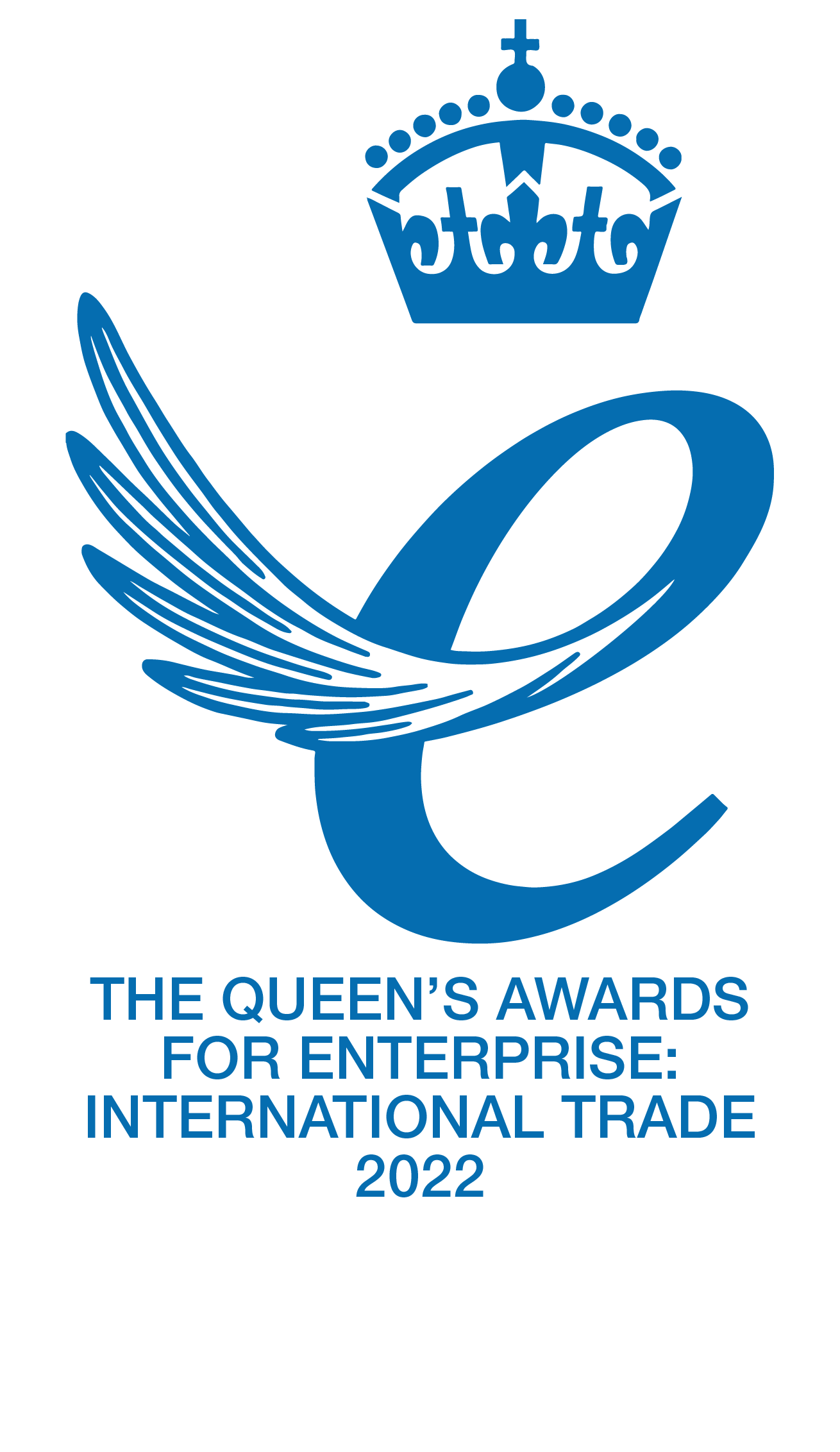Rule of law is a distinguishing British value. It provides the greatest equal opportunity since everyone, including our Monarch, are equal before it. We may be proud of the work of an Englishman, William Wilberforce, who worked for 30 years to secure the UK’s Abolition of Slavery Acts in the early 19th century, and of the work of the Royal Navy, who took it upon themselves to eradicate its ghastly trade from the world’s oceans. We can also be proud of the United Kingdom’s “Global Force for Good” objectives, contained in the UK’s Integrated Review of Foreign Policy 2021, the Bribery Act of 2010, the Modern Slavery Act of 2015, and the British Government’s commitment to the Eradication of Modern Slavery at Sea in Maritime 2050: Navigating the Future, the UK’s first 30 year maritime strategy in 500 years. But why must we wait the 10-15 years that it states it will take to implement its just, optimistic and humane policy of eradicating modern slavery at sea?
Modern slavery may be defined as the severe exploitation of people for commercial gain. At a time of our greatest prosperity, why are the worst operators in our global shipping industry still employing people in a state of modern slavery on its worst ships? How have we arrived at the point we have in shipping where some of the ships that enable global trade are crewed by some of the cheapest labour on earth recruited 400 miles from a coastline and being employed in a state of modern slavery on some very poorly-run ships too.
In the way we crew our vessels, some of global shipping’s worst operators think that the cheapest crew is best. And some think that they should be worse than that. To allow mariners to exist in the state of modern slavery that they do is the opposite of good leadership and humanity, which is why in Maritime 2050, the UK Government committed to eradicate it.It offers the prospect of the UK being the first nation on earth that both abolished slavery in the 19th century and eradicated its modern form at sea today in the 21st – that is an act of leadership. Shipping is global, and the United Kingdom has an opportunity to fulfil its “Global Force for Good” objectives by liberating the world’s oceans from modern slavery now, by working with the International Maritime Organisation to ensure that the world’s maritime nations vote for its eradication.
The UK legislated for its land-based equivalent in the Modern Slavery Act of 2015. This provides a very helpful text which can be used in its eradication at sea. It might be dealt with at the IMO by an amendment to the International Safety Management (ISM) Code. This provides our international maritime standard for the safe management and operation of ships at sea. By any definition, that cannot be achieved whilst modern slavery at sea exists in any part of our international shipping industry.
Across the developed world, a state of “sea-blindness” exists and specifically in my country, where 96% of trade is transported by sea. At the same time, we have seen some Third-Party Crewing Agencies recruit from some of the poorest countries on earth. And a state of modern slavery at sea exists in some of the world’s worse-run shipping companies. It is this combination which can inflict acts of inhumanity upon some of the world’s poorest by some of the world’s wealthiest.
Shipping enables global trade. It is an industry that, at its best, is one populated by the highest calibre men and women who care deeply for its highest integrity and leadership. But parts of it operate at a level that includes tax evasion, tax avoidance, a devotion to cheapness and, at its worst, a disregard for the human condition too.






